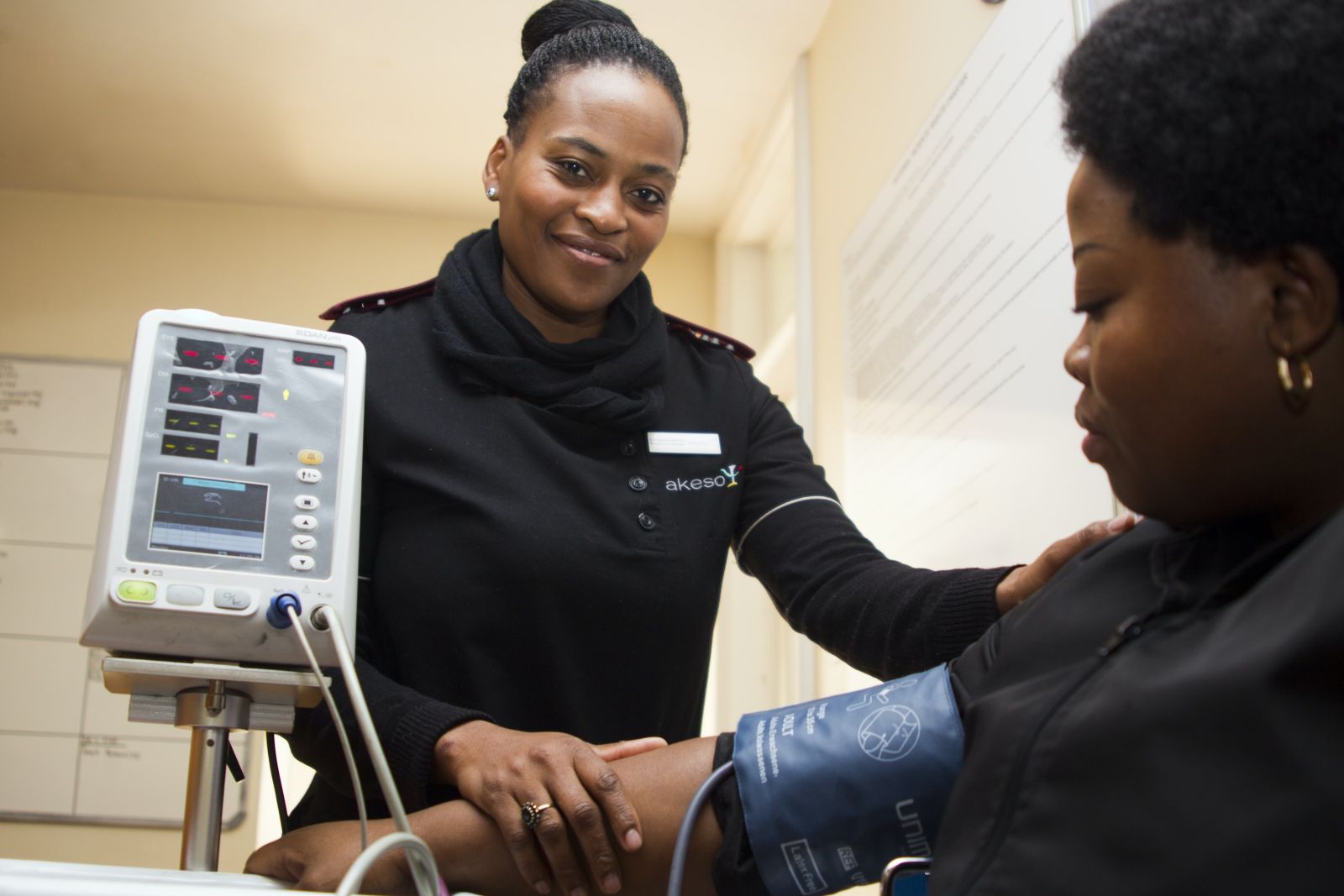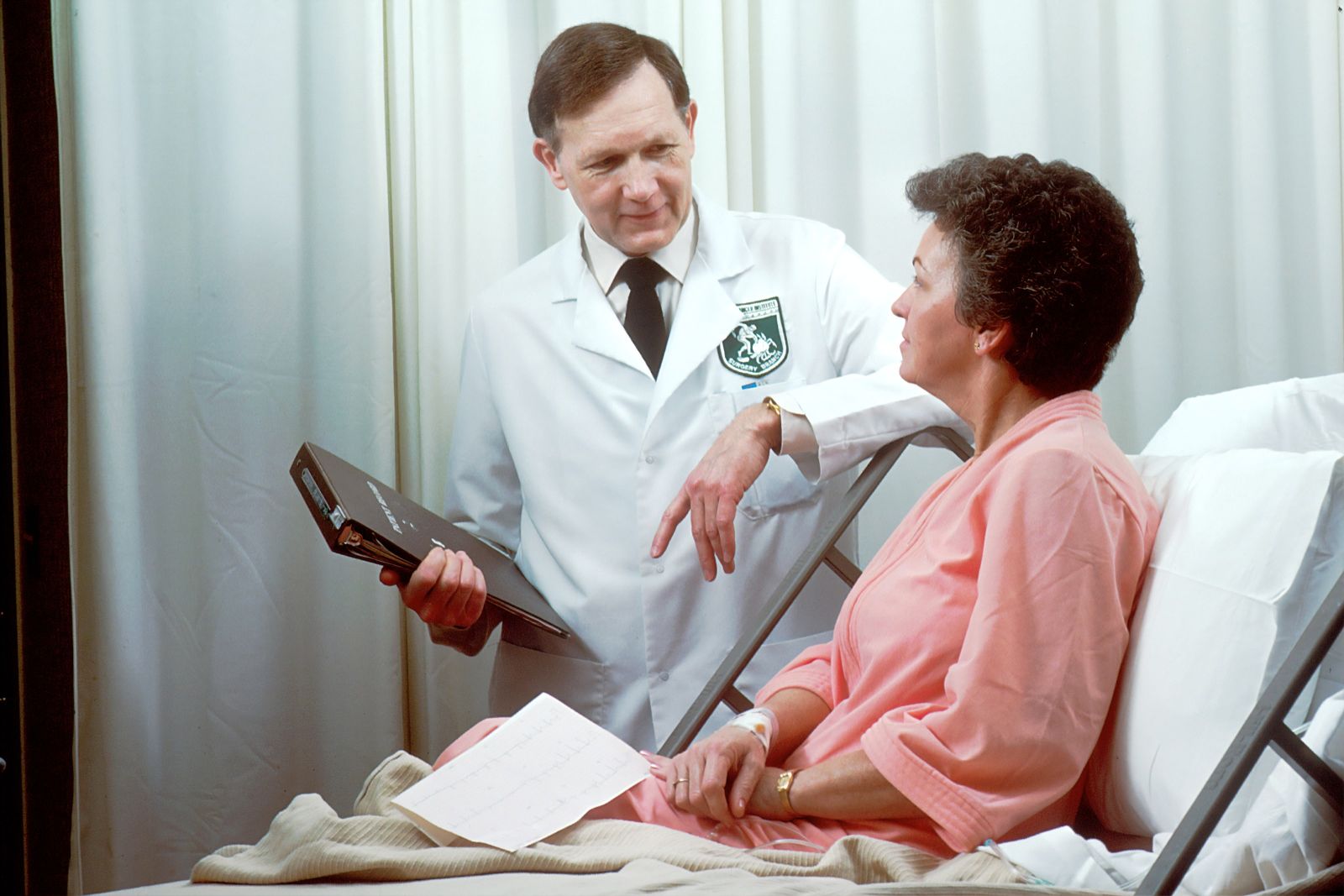End-of-life planning doesn't just encompass things like funeral planning and saving for burial costs. Sometimes, Catholics approaching the hour of their death may not be able to communicate their medical needs. It therefore becomes crucial to have processes in place, well before that hour, to ensure the person's wishes are followed. A Catholic advance medical directive is one such method for ensuring this. Here's what you should be thinking about when it comes to advance directives, what the Catholic Church says about it, and what you can do to prepare.
Why You Need to Consider Medical Care Near the Hour of Your Death

As we age, we become increasingly aware that one day we won't be around anymore. You might not want to dwell on this notion, but it is important to think about what's going to happen in the hour of your death and after you're gone. None of us can live forever, but as a member of the Catholic faith, we believe in the salvation of Christ and the transmigration of souls, so that when our physical form is no longer, our spirit lives on.
When it's your time, it's your time, and nothing will change that. Yet modern medical science has become quite adept at providing life-preserving medical care to those who requires it to remain alive. There's a problem, however, when you, as a Catholic, can't tell your doctors what type of care you want. Do you not want any heroic measures being taken? Are you comfortable with being kept alive past what you might think is your time through the use of medical machines? These are questions every Catholic needs to answer.
What Are Advance Directives?
Advanced care planning, also known as advance directives or living wills, are legal documents that Catholics can use to state that, in no uncertain terms, your wishes regarding the type of medical care that you want to receive if you aren't able to make those decisions then and there. If you are incapacitated because of a serious injury, an illness, or anything else that robs you of your ability to make informed medical decisions about your medical care, your advance directive makes those decisions in your stead so that you can receive, or not receive, the care you desire.
There are a number of different ways you can ensure you receive your preferred level of medical care if you're unable to specify it at the time. Catholic advance directives such as a living will are one way, but there are others that may be more appropriate for your needs; if there are situations that come up that aren't specified in a written directive, for example, your wishes may not be followed. That's why the United States Conference of Catholic Bishops recommends the use of different legal arrangements that are more agile. These include the following.
Power of Attorney

This Catholic advance directive for health care is a document that names someone besides yourself as your legal care agent. The person you appoint has full legal rights to make any and all health care decisions for you in the event you can't make them yourself.
Choosing someone you trust, and who you know is responsible and shares your values and beliefs as a Catholic, ensures that the level of health care you receive is in line with Catholic principles if you're unable to specify it personally. This means you need to have a long series of conversations with the person you want to name in the document, ensuring that they want this responsibility and that they are prepared to make health decisions for you that you'll be able to trust.
Health Care Proxy

A health care proxy, which acts almost identically to how the power of attorney for health care does, is unique to states who use this term instead of the other. The main difference here is that health care proxies are exclusively limited to your health care decisions, while someone who has been granted power of attorney might also have additional rights to make other decisions on your behalf outside of the realm of health care, such as the right to access your financial assets and spend them as they see fit.
If you want to keep these two aspects of your life separate, you can appoint someone with power of attorney without health care rights and a separate health care proxy who is tasked with only your health care. Be aware that in some states the term "health care proxy" and "power of attorney for health care" are synonymous. Make sure you know exactly what power you're granting well before you do so.
What Specifics Should Catholics Include in Advance Directives
Whether you have a living will, you have someone designated as your health care proxy, or you have granted someone power of attorney, you should address your specific desires in an unequivocal way. There are two important topics you should make clear, the first of which is whether you want a Do Not Resuscitate order, or DNR, which instructs medical personnel to not perform CPR if your breathing or heartbeat stops. If you feel CPR would be extraordinary care that prolongs your life artificially, as a Catholic you may not want to be subjected to that treatment.
The other topic you should clearly address is that of Medical Orders for Life-Sustaining Treatment, which is often abbreviated as MOLST or MOST. These pre-set forms establish medical orders to either withhold or administer treatments and are different from living wills as they take effect immediately, not just when you lose your ability to make informed decisions. These forms are intended for individuals in the final stages of illness or frailty and often relate to hospice care, so they may not be appropriate for every situation.
Preparing for the Future

There is nothing more heartbreaking for your loved ones than not knowing what to do in the event that you need medical care and you're unable to make your own wishes known. For your own peace of mind as well as theirs, as a Catholic it's recommended that you discuss having an advance directive for healthcare set in place beforehand.
If you want to take your advance planning even further, you can pre-plan and even pre-pay your funeral now. This allows you to decide how your life story gets told, by choosing your burial type, the burial products like a casket, and even your headstone inscription. You can also dictate what music you want played at your service, who you want to speak, and what scripture should be read.
This type of advance planning offers several benefits to your family as well. It means they don't have to try to determine what you would have wanted, and they don't need to worry about how to pay for it.
You can click here to learn more about how pre-paid Catholic cemetery funeral and burial plans work.
